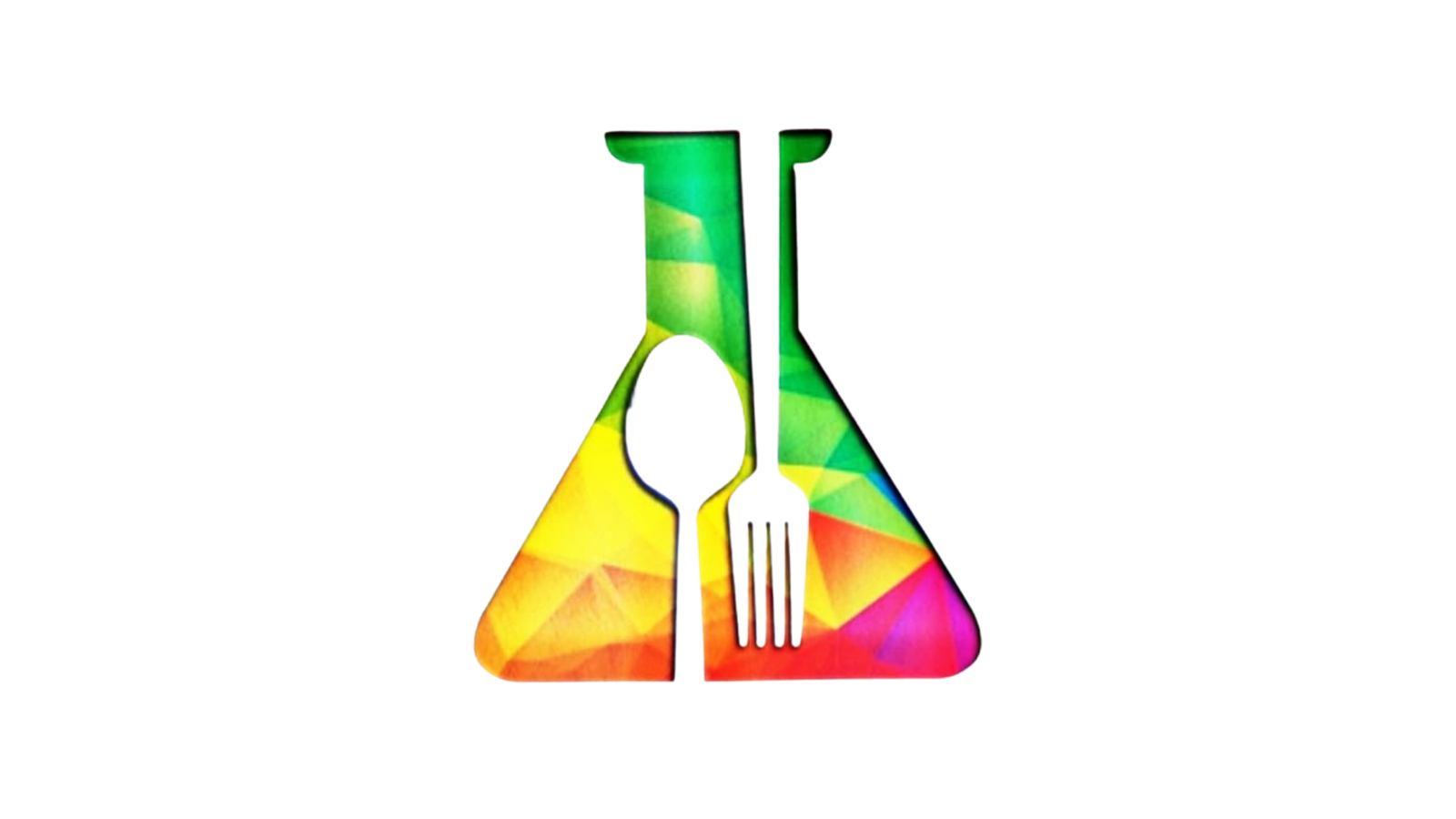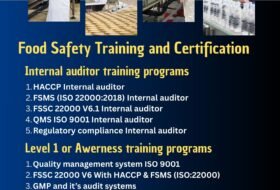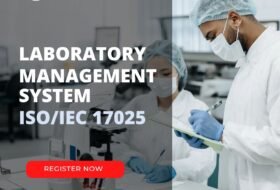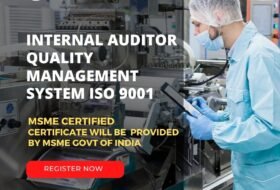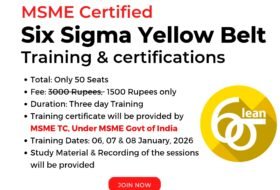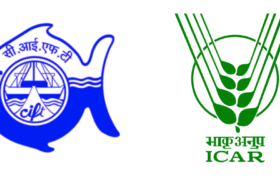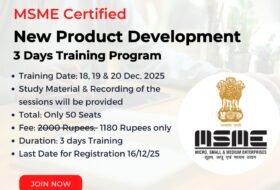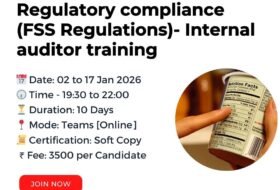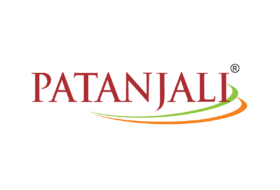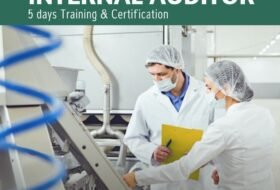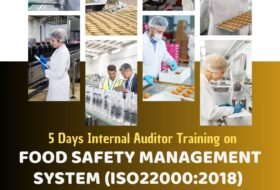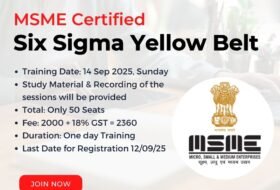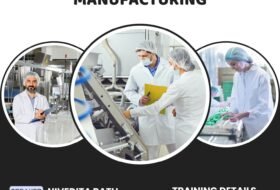FSSC 22000 is a globally recognized certification scheme that audits and certifies the food safety of organizations in the food supply chain. It’s based on the ISO 22000 Food Safety Management System standard and is managed by the Foundation FSSC 22000
Topic Covered
- Introduction to Food safety Audit
- Introduction to ISO 19011:2018 (Auditing Management system standard)
- Types and classification of Food safety Audits, Internal Auditor eligibility criteria
- Introduction to Food safety, Overview on Food safety, Food Quality, Food fraud & Food Defense, Food safety Management system
- FSSC 22000 v6.0, History, components, structure, Introduction to GFSI and Overview of ISO 22000 (FSMS). Overview of FSSC 22000 Scheme
- Requirements, Scope, Application, overview of Categories, Summary of key changes.
- Introduction to ISO 22000:2018, PDCA Cycle, FSMS Requirements, Hazard Control Plan (HACCP), Classification of Food Hazards, Sector specific PRP, Requirements, ISO/TS-22002-1
- FSSC 22000 V6.0 Additional Requirements Management of services and purchased materials, Product Labelling, Food Défense, Food Fraud mitigation, Logo use, Management of Allergens, Environmental Monitoring, Food safety & Quality
Culture, Quality Control, Transport ,Storage & Warehousing, Hazard control & measures for
preventing cross contamination, PRP Verification, Product Design & Development, Health Status,
Equipment Management, Food loss & waste, Communication requirements, Requirements for Organizations with Multi-Site Certification. - Auditor Definition, Types & Principles,
- Roles & Responsibilities of Auditors, Auditor skills & Behaviour,
- Conducting Audits, Preparing for Internal Audit, Audit Planning,
- Conducting Internal Audit, Audit Plan, Audit Checklist, Audit Review, Audit Finding, Classification of Non-Conformities, Audit Report.
- Case studies
- Group Activities and exercises
- Query Session
- Assessment
🎓 What You Will Learn
- Fundamentals of Auditing
- Types of audits: first-party, second-party, third-party
- Audit principles and ethics
- Roles and responsibilities of auditors
- Audit Planning and Preparation
- Developing audit plans and checklists
- Sampling techniques and data collection
- Communication and interview skills
- Conducting the Audit
- Opening and closing meetings
- Observations and evidence gathering
- Identifying non-conformities
- Reporting and Follow-Up
- Writing effective audit reports
- Root cause analysis
- Corrective and preventive actions
✅ Purpose of the Training
- To help organizations maintain food safety standards.
- To prepare individuals to perform effective internal audits.
- To support continuous improvement in food safety practices.
- To comply with global standards like Codex HACCP, ISO 22000, FSSC 22000V6 and FSSAI regulations.
🎯 Who Should Attend?
- Students pursuing Food Technology, Microbiology, Biotechnology, or related fields.
- Professionals in Quality Assurance, Production, Regulatory Affairs, or Food Safety roles.
- Entrepreneurs or food business operators who want to implement and audit HACCP systems.
After completing the training
- Certificate Will be provided – Yes
- Study materials will be provided – Yes
- Class recording will be provided – Yes
Trainer – Nivedita Rath
- IRCA Certified FSSC 22000 & ISO 22000 Lead Auditor & Trainer
- Certified Lead Auditor BRC Issue 9
- FSSAI 3rd Party Auditor and Hygiene Rating Auditor
- Food safety Mitra, Fostac Trainer & Assessor
Training date and time
📅Date: 16, 17, 18, 19 & 20 July 2025
⏰Time – 19:30 to 22:00
⏰ Duration: 5 Days
📍 Mode: Microsoft Teams [Online]
📜 Certification: Soft Copy
₹ Fee: 3000 per Candidate
Sample of certificate
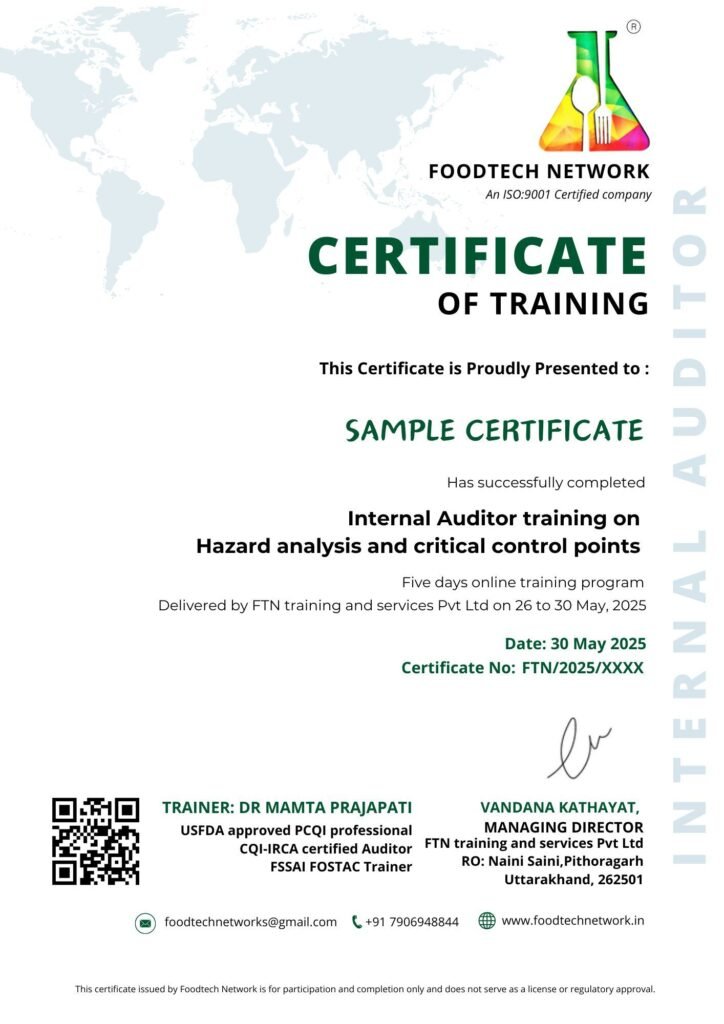
🚨 Be Aware, We never charge any consultancy fee for jobs.
📲 Foodtech Network WhatsApp Jobs Group
🔗 WhatsApp Groups
⚙️ Food Entrepreneurs & Startups (Our services)
🔗 https://bit.ly/3JDyPIN
🏅 Food safety training and certification.
🔗 Foodtech Network Academ
